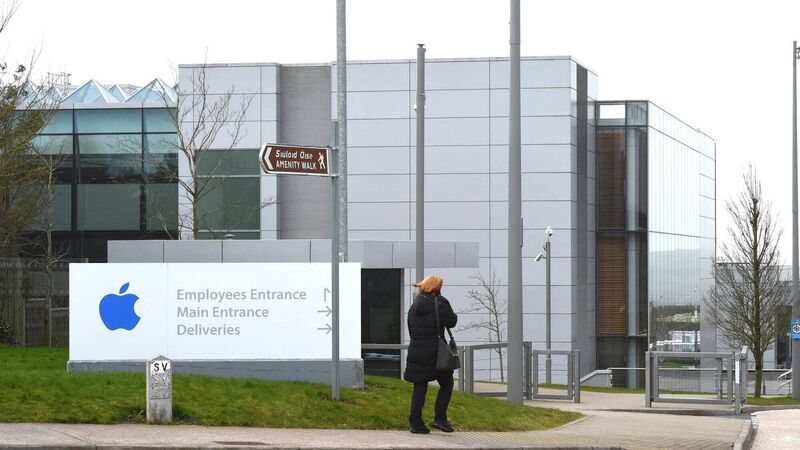Billy Kelleher: We need to wean ourselves off unsustainable corporate tax revenues

Corporate tax receipts are some of the most volatile forms of funding a government can rely upon. File picture: Dan Linehan
One in every €5 collected by the Irish State in 2020 came from corporate taxes paid by companies operating in Ireland. When over 80% of this money is also coming from only 10 multinationals, it must start an urgent debate in our country. Such alarming ratios should force us to really reflect and ultimately do a major course correction.
€11.8bn every year is a lot of money. Corporate tax receipts fund many important services that the State rightly provides to citizens – health, education, and social protection support, to name but a few cost heads.













